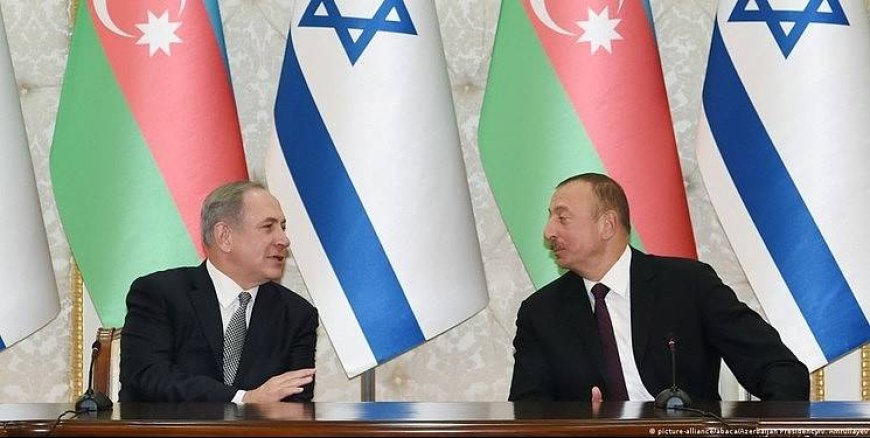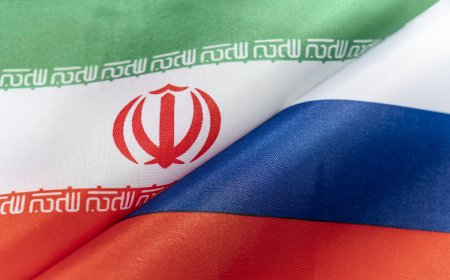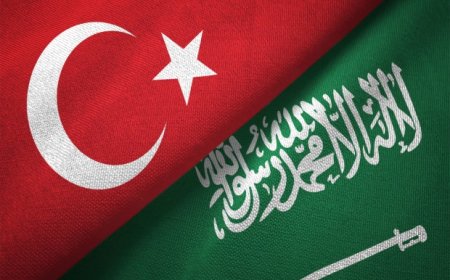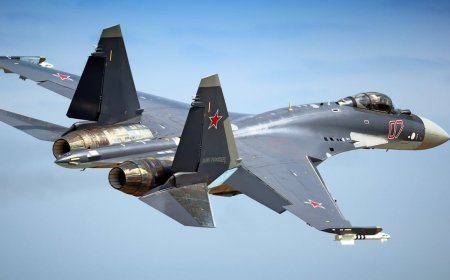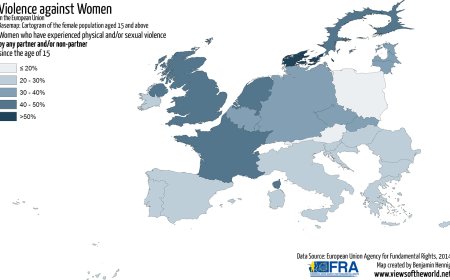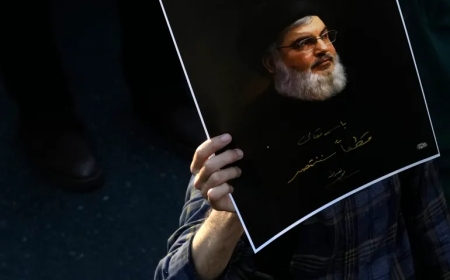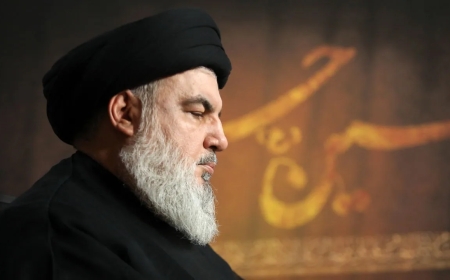By: E. Mahdavi
Several of these countries, including Bahrain, the UAE, and Azerbaijan, have initiated security and military collaborations with the Zionist regime. Moreover, the Zionists' presence in the KRG aims primarily to advance subversive projects that sow insecurity in Iran through its western borders. Of particular concern is the expansion of the relationship between Tel Aviv and the despotic regime in Baku in recent years. Ilham Aliyev's regime has been providing energy to Israel while leveraging Israel's cutting-edge military technology to further its nefarious agendas. On the other hand, the Zionists have sought to exploit Azerbaijan's position in the Caucasus region, as well as its border with Iran, in order to bolster their anti-Iranian strategy and increase their presence within the country.
The Ma'ariv website has shed light on the relations between Israel and the Baku regime, stating, "Azerbaijan has been an ally of Israel and Turkey since 1995, and Jerusalem and Baku have a strategic partnership. Israel and Azerbaijan are working together to repel Iran's threat and prevent Tehran from acquiring nuclear weapons. Israel, in turn, provides weapons and military training to Azerbaijan, which supplies 40% of Israel's oil consumption. Additionally, a third of Iran's population is made up of Azerbaijanis, and Israel's alliance with Baku garners sympathy among Iranian Azerbaijanis."The genesis of heightened tensions in the Caucasus region, as well as Iran's increased sensitivity towards the presence of the Zionist regime, can be traced back to the second Nagorno-Karabakh war. This conflict, which commenced on September 27, 2020, between Azerbaijan and Armenia, has become a significant turning point in the Zionist regime's activities in the region, as Baku's revelation of closer military cooperation with the Zionists during the war exacerbated tensions with Iran. The Baku regime's success in capturing territories bordering Armenia and Iran has effectively deprived the Islamic Republic of Iran of one of its crucial corridors.
Under the pretext of reclaiming lost territories, Baku sought to impede Iran's access to one of its vital communication routes with Europe, prompting Iran's determined and resolute response.Another focal point for the Zionists is the exploitation of Iran's ethnic composition to foster insecurity, separatist sentiment, particularly in Iran's Azeri provinces. This forms part of their larger project to create chaos, insecurity, and threaten Iran's territorial integrity. Nearly four months ago, a number of Israeli parliament members signed a letter penned by Israeli Foreign Minister Eli Cohen, urging international pressure on Tehran due to its alleged mistreatment of the Azeri minority residing in Iran's northwest "South Azerbaijan province." This reveals only a small part of the Zionist regime's covert project to undermine Iran's territorial integrity, which is being implemented partly through the Baku regime.The Islamic Republic of Iran has repeatedly warned the Baku regime about its collaboration with the Zionist regime and the presence of Zionist espionage posts near Iran's border.In the meantime, the Zionists' presence in the KRG has also already demonstrated their intent to execute anti-security projects along Iran's northern borders.
The Zionists closely monitor developments in the South Caucasus and observe the actions of all actors involved. Brenda Shaffer, an expert on the Caucasus from the United States Naval University, stated on Maariv's website regarding Azerbaijan's recent operations in Nagorno-Karabakh and the dissolution of the self-proclaimed Republic of Artsakh, Shaffer explains, "The results of the recent operations of Azerbaijan led to a change in geostrategic conditions. Armenia's refusal to intervene creates hope among Azeris that the peace process can be renewed, and this can be a step towards opening up trade and transport routes in the region. Although Iran and Russia will not easily relinquish control over this strategic region, it is likely that we will see more activity by Tehran and Moscow to change the situation."Analyzing the Zionists' policies in relation to recent developments in the Caucasus, it becomes apparent that more than 95% of their presence in the region, particularly in Azerbaijan, is directly linked to destabilizing measures against Iran, primarily targeting its internal peace and territorial integrity.
